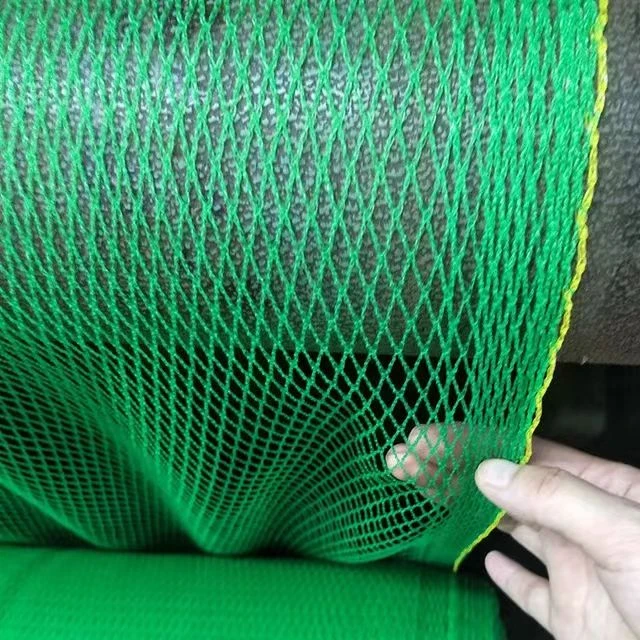-
 Afrikaans
Afrikaans -
 Albanian
Albanian -
 Amharic
Amharic -
 Arabic
Arabic -
 Armenian
Armenian -
 Azerbaijani
Azerbaijani -
 Basque
Basque -
 Belarusian
Belarusian -
 Bengali
Bengali -
 Bosnian
Bosnian -
 Bulgarian
Bulgarian -
 Catalan
Catalan -
 Cebuano
Cebuano -
 China
China -
 Corsican
Corsican -
 Croatian
Croatian -
 Czech
Czech -
 Danish
Danish -
 Dutch
Dutch -
 English
English -
 Esperanto
Esperanto -
 Estonian
Estonian -
 Finnish
Finnish -
 French
French -
 Frisian
Frisian -
 Galician
Galician -
 Georgian
Georgian -
 German
German -
 Greek
Greek -
 Gujarati
Gujarati -
 Haitian Creole
Haitian Creole -
 hausa
hausa -
 hawaiian
hawaiian -
 Hebrew
Hebrew -
 Hindi
Hindi -
 Miao
Miao -
 Hungarian
Hungarian -
 Icelandic
Icelandic -
 igbo
igbo -
 Indonesian
Indonesian -
 irish
irish -
 Italian
Italian -
 Japanese
Japanese -
 Javanese
Javanese -
 Kannada
Kannada -
 kazakh
kazakh -
 Khmer
Khmer -
 Rwandese
Rwandese -
 Korean
Korean -
 Kurdish
Kurdish -
 Kyrgyz
Kyrgyz -
 Lao
Lao -
 Latin
Latin -
 Latvian
Latvian -
 Lithuanian
Lithuanian -
 Luxembourgish
Luxembourgish -
 Macedonian
Macedonian -
 Malgashi
Malgashi -
 Malay
Malay -
 Malayalam
Malayalam -
 Maltese
Maltese -
 Maori
Maori -
 Marathi
Marathi -
 Mongolian
Mongolian -
 Myanmar
Myanmar -
 Nepali
Nepali -
 Norwegian
Norwegian -
 Norwegian
Norwegian -
 Occitan
Occitan -
 Pashto
Pashto -
 Persian
Persian -
 Polish
Polish -
 Portuguese
Portuguese -
 Punjabi
Punjabi -
 Romanian
Romanian -
 Russian
Russian -
 Samoan
Samoan -
 Scottish Gaelic
Scottish Gaelic -
 Serbian
Serbian -
 Sesotho
Sesotho -
 Shona
Shona -
 Sindhi
Sindhi -
 Sinhala
Sinhala -
 Slovak
Slovak -
 Slovenian
Slovenian -
 Somali
Somali -
 Spanish
Spanish -
 Sundanese
Sundanese -
 Swahili
Swahili -
 Swedish
Swedish -
 Tagalog
Tagalog -
 Tajik
Tajik -
 Tamil
Tamil -
 Tatar
Tatar -
 Telugu
Telugu -
 Thai
Thai -
 Turkish
Turkish -
 Turkmen
Turkmen -
 Ukrainian
Ukrainian -
 Urdu
Urdu -
 Uighur
Uighur -
 Uzbek
Uzbek -
 Vietnamese
Vietnamese -
 Welsh
Welsh -
 Bantu
Bantu -
 Yiddish
Yiddish -
 Yoruba
Yoruba -
 Zulu
Zulu
insect proof net
Insect-Proof Nets A Sustainable Solution for Agricultural Protection
Insects have long been a bane to agricultural productivity, causing significant damage to crops and reducing yields for farmers worldwide. To combat this challenge, the use of insect-proof nets has emerged as a sustainable and effective solution that not only safeguards crops but also fosters eco-friendly farming practices.
Insect-proof nets are specialized barriers designed to keep pests away from crops while allowing sunlight, air, and rain to reach the plants. These nets are typically made from fine mesh materials, ensuring that even the smallest insects, such as aphids and whiteflies, are unable to penetrate and harm the crops. The adoption of these nets is especially crucial in a world increasingly concerned with pesticide use and its potential impacts on human health and the environment.
Insect-Proof Nets A Sustainable Solution for Agricultural Protection
Moreover, insect-proof nets contribute to improving crop quality and marketability. By preventing pest-related damage, farmers can produce healthier and more visually appealing fruits and vegetables. This increased quality can lead to better prices in the market, ultimately benefiting the livelihood of farmers. In regions where organic farming is gaining traction, the use of insect-proof nets aligns well with organic farming practices, allowing farmers to meet the stringent requirements for organic certification.
insect proof net

The installation of insect-proof nets is relatively straightforward, requiring minimal infrastructure. These nets can be utilized in various agricultural systems, including greenhouse cultivation, vegetable gardens, and fruit orchards. They can be draped over crops, forming a secure environment that not only deters insects but also protects against larger pests such as birds and rodents. Additionally, the nets can be tailored to fit different crops, ensuring versatility and adaptability in diverse farming environments.
Environmental sustainability is another key benefit of insect-proof nets. By reducing chemical pesticide reliance, these nets help to promote biodiversity and the overall health of agricultural ecosystems. Healthy ecosystems not only support crop production but also enhance resilience against climate change and other environmental stresses.
Despite the clear advantages, the adoption of insect-proof nets is not without challenges. Initial costs and material durability can be concerns for some farmers, particularly in developing regions. However, the long-term benefits, including reduced pesticide costs and higher-quality produce, often outweigh these initial investments.
In conclusion, insect-proof nets represent a forward-thinking approach to pest management in agriculture. By providing a safe and effective barrier against harmful insects, these nets not only protect crops but also promote sustainable farming practices. As the global demand for food continues to rise and the adverse effects of chemical pesticides on health and the environment become more apparent, the importance of solutions like insect-proof nets will only grow in the years to come. Embracing such innovations can lead to a healthier food system and a more sustainable future for agriculture.
-
Shipping Plastic Bags for Every NeedNewsJul.24,2025
-
Safety Netting: Your Shield in ConstructionNewsJul.24,2025
-
Plastic Mesh Netting for Everyday UseNewsJul.24,2025
-
Nylon Netting for Every UseNewsJul.24,2025
-
Mesh Breeder Box for Fish TanksNewsJul.24,2025
-
Expanded Steel Mesh Offers Durable VersatilityNewsJul.24,2025











